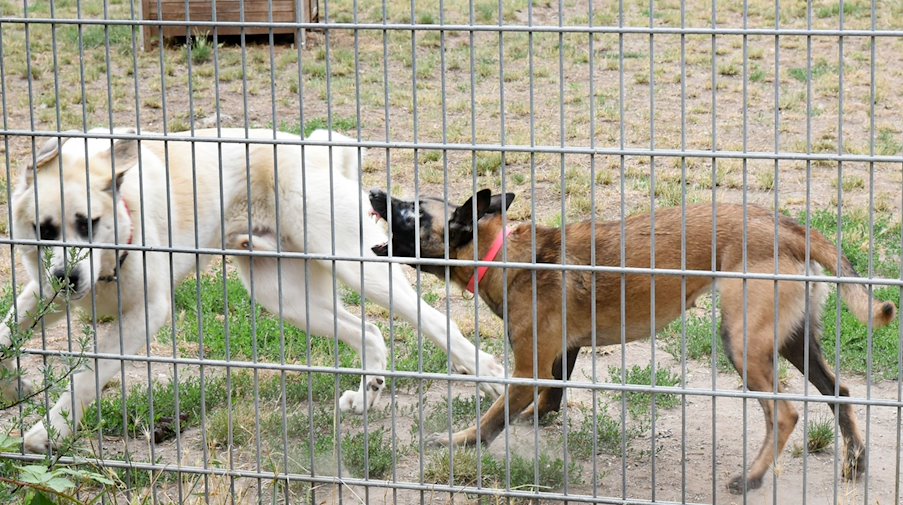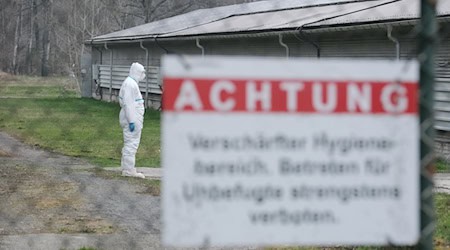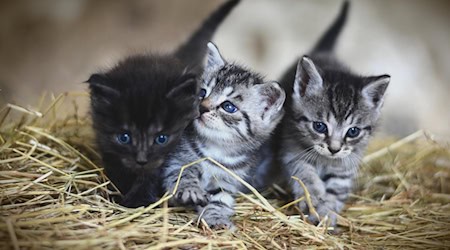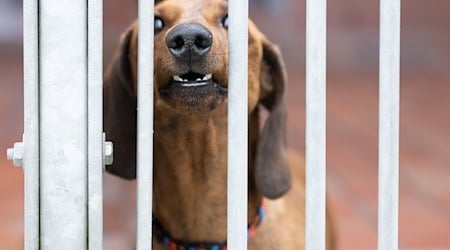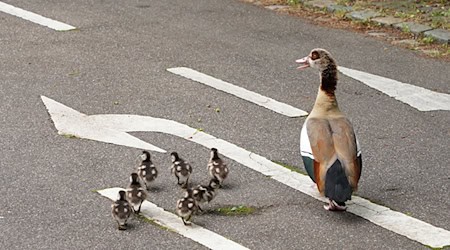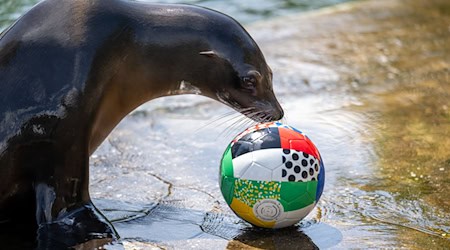The large number of dangerous dogs is pushing animal shelters in Saxony to their limits. Since the coronavirus pandemic, the number of dogs in shelters has risen by 25 percent, said Michael Sperlich from the Saxony Animal Welfare Association. Too many people had realized that they were overwhelmed with the training and keeping of the dogs. The only way out is to leave the animals to the animal shelter.
"The increase in the number of dogs that are undergoing a dangerousness procedure is particularly problematic," explained Sperlich, who is also the director of the Leipzig animal shelter. These are animals that have attracted attention several times due to their behavior or even bites. In Leipzig alone, the largest animal shelter in Saxony, half of the 70 or so dogs housed are in such proceedings.
"Placing such dogs is extremely difficult. Who would want a dog like that? You need owners with expertise," explained Sperlich. Dealing with these animals is not easy for his employees either. The costs for special further training would explode.
According to the state animal welfare association, the situation with cats is a little more relaxed. Although the animal shelters are working at full capacity with the care of cats, the number of animals has not increased over the years. "There are currently no kittens being rehomed in Leipzig. That is unusual," explained Sperlich.
The fact that the Free State of Leipzig covers 90 percent of the costs for neutering the cats is helpful. However, Sperlich emphasized that there is still a lack of a nationwide cat protection ordinance. "Then private cats that are outside would have to be infertile and marked." This would prevent uncontrolled reproduction.
Copyright 2024, dpa (www.dpa.de). All rights reserved

